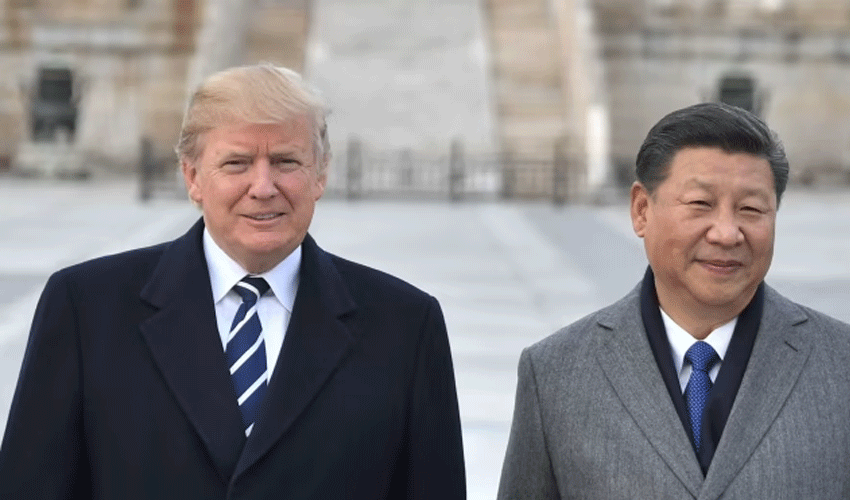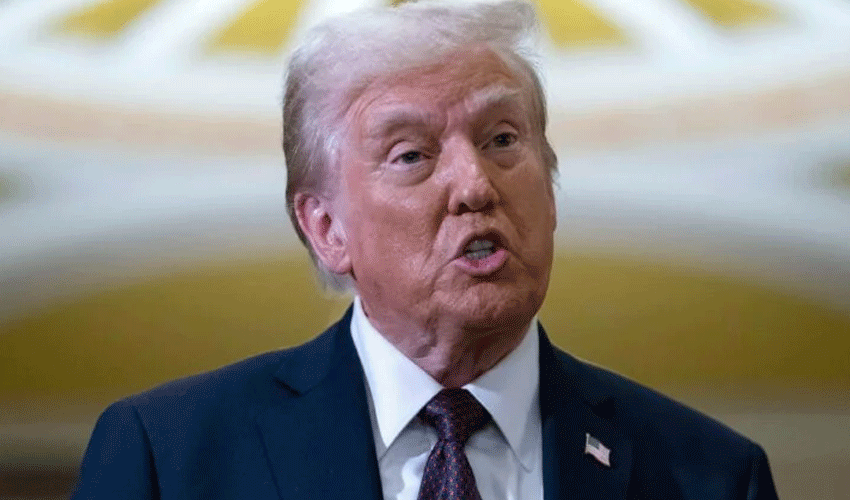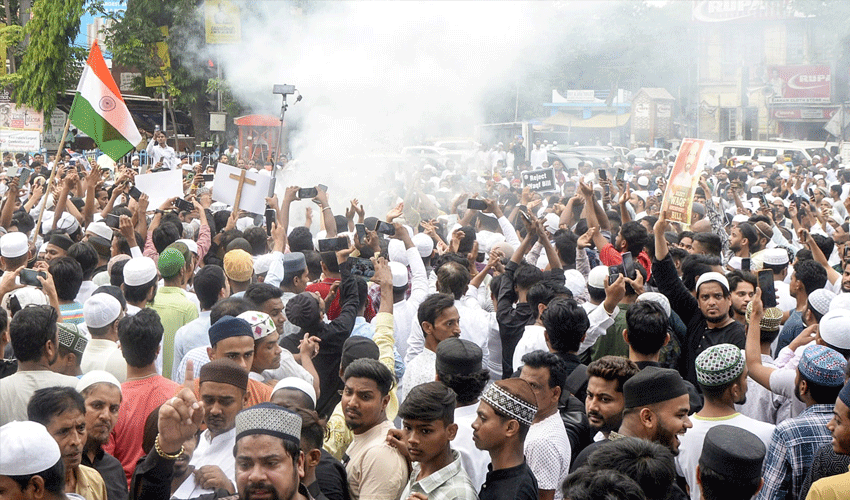Animal rights activists in Sri Lanka staged a protest on Thursday against the round-up of stray dogs, a day before Indian Prime Minister Narendra Modi's arrival in the country.
Authorities in Colombo and Anuradhapura reportedly mobilised dog catchers to remove stray hounds ahead of Modi’s visit, which is set to begin on Friday.
Many of Colombo’s stray dogs, beloved by the local communities despite not having formal owners, are known as “community dogs.” These animals are viewed as an integral part of neighbourhoods and are often cared for by locals.
A group of approximately a dozen protesters from the Rally for Animal Rights and Environment (RARE) gathered outside the office of President Anura Kumara Dissanayake in Colombo.
They submitted a petition to India’s high commission before waving placards that read, “Stop the cruel removal of our community dogs.”
One of the protesters, speaking on behalf of the group, expressed concern over the treatment of the animals, saying, "How can Sri Lanka promote tourism when we are a country known for animal cruelty?"
The protestors argued that many of the dogs in public parks had been vaccinated and neutered and were cared for by both locals and animal welfare groups. They called on the Indian government to intervene, urging New Delhi to “prevent the cruel and unnecessary removal of these dogs.”
The protesters warned that the round-up of dogs would lead to “displacement, suffering, and potential harm.” They emphasised the need for the preservation of these animals, as they are a beloved part of the community.
Modi is scheduled to receive an official welcome at Colombo's Independence Square, where reports indicate dog catchers have been active in the past week. He will also visit Anuradhapura, located 200 kilometres north of the capital, to pay homage to a sacred fig tree believed to have grown from a cutting of the tree under which the Buddha attained enlightenment over 2,500 years ago.
The tree is both an object of worship and a symbol of national sovereignty for Sri Lanka’s majority Buddhist population.



























